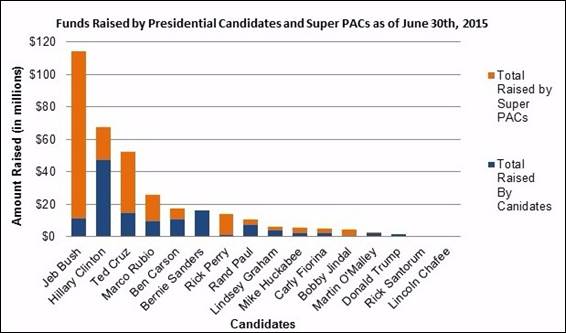Go to Work, Ladies! Your Kids Will Be Grateful

So what if you can’t have it all? Maybe your daughter can.
A new working paper by the Harvard Business School finds that daughters of working mothers are likely to be more successful in the workplace than their peers. Analyzing data on 50,000 people in 24 countries, researchers found these women are more likely to be employed, hold supervisory positions and earn more money than women who grew up with stay-at-home mothers.
A working mother was defined as being employed before their child turned 14 years old.
Daughters of employed moms are 4.5 percent more likely than daughters of stay-at-home moms have jobs, the study found -- small but statistically significant difference, the authors say, meaning it’s not just a coincidence. Daughters of working mothers also earn 23 percent more than daughters of women did not work outside the home.
Related: 10 Best States for Working Mothers
In addition, 33 percent of daughters of employed women hold supervisory roles, compared to 25 percent of daughters of stay-at-home mothers. And the daughters of working moms do fewer hours of housework each week, the study finds.
Sons of working mothers were found to spend 7.5 more hours on childcare per week and a longer amount of time on household chores. They spend more time caring for family members than sons of stay-at-home mothers.
The study hints at the neglected importance of gender attitudes that are shaped and refined within homes and in families, since policymakers usually focus on gender differences on the political and corporate levels. Parents who embody non-traditional gender roles are serving as role models and a resource for their children who might one day enact non-traditional gender roles in their own lives.
Working mothers are demonstrating to their children that traditional gender roles are not the only opportunities for their sons or daughters. Even though many mothers worry that by working they’re neglecting their child, they could actually be helping them in the long-run by showing them they’re world might not be as limited as tradition suggests.
The study comes in the wake of a slight reversal in the decades-long trend of women joining the ranks of the employed. From 1999 to 2012, the number of mothers who were unemployed in the U.S. rose from 23 percent to 29 percent, a Pew study found. Causes of the rise are debatable, but a growing number of women cite their inability to find a job, largely as the result of the recession.
With the job market recovering, the new study’s message is clear: Lean in, women!
Will Trump's Tax Cuts Really Happen? Economists Are Surprisingly Optimistic
Despite all the thorny questions swirling around President Trump's nascent tax reform plan, 29 of 38 economists surveyed by Bloomberg in a monthly poll said they expect Congress to cut taxes by November of next year.
The hitch: The economists don’t expect the cuts will help the economy much. The median projection of a larger group of 71 economists is for 2018 growth of 2.3 percent, up only slightly from 2.1 percent this year — and by 2019, the economists see growth slipping back to 2 percent.




